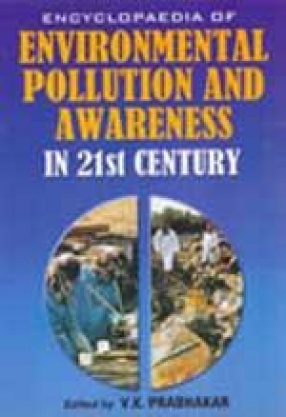
V.K. Prabhakar

56 books


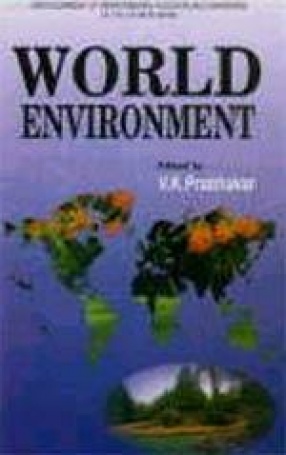
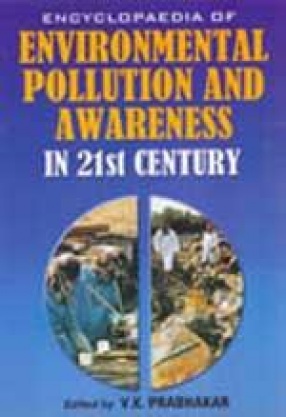
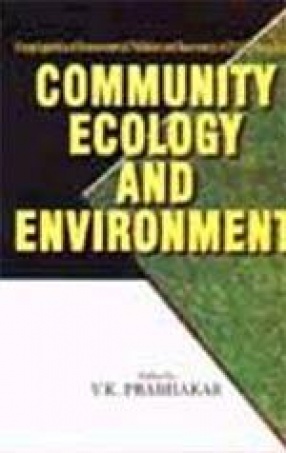

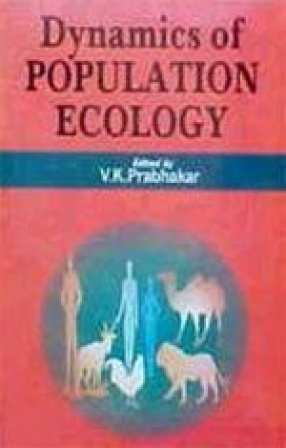
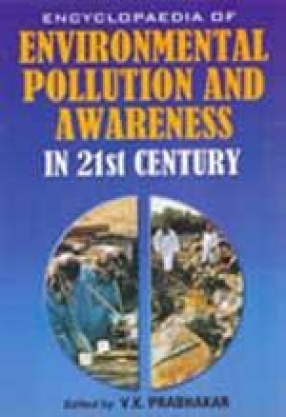
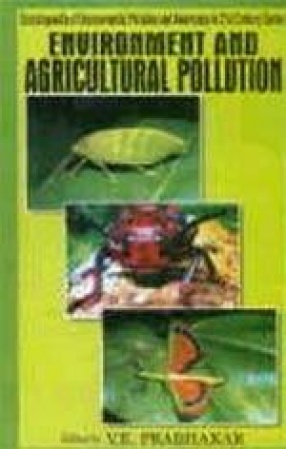
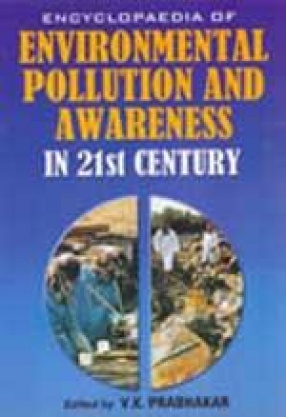
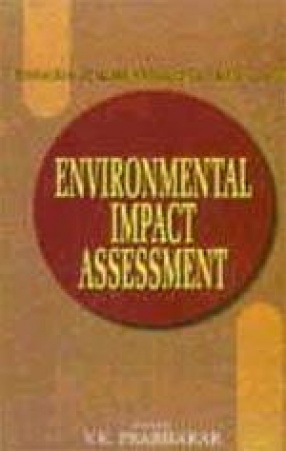
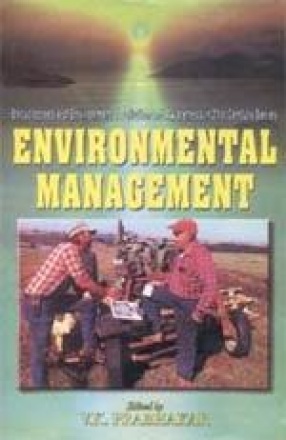
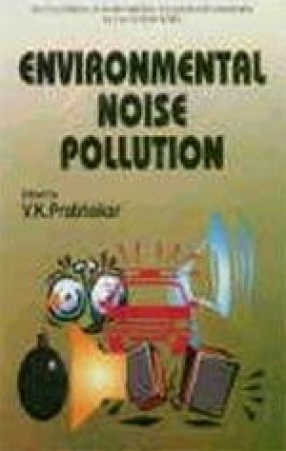
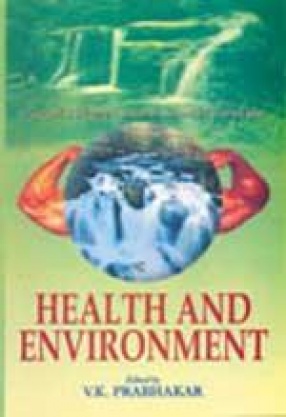

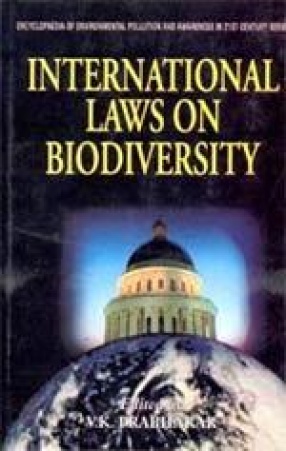
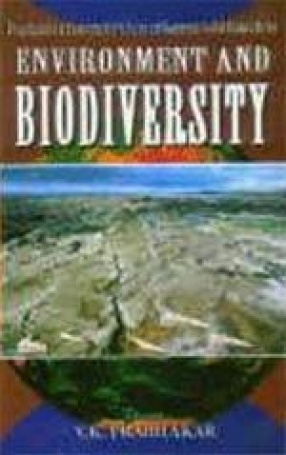
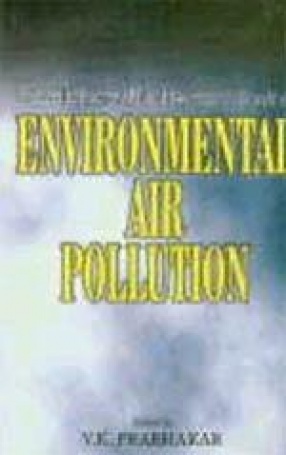
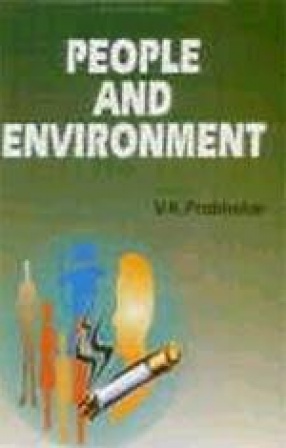


Unnecessary and unwise encroachment on nature, excessive exploitation of natural resources, scientific advancement and resultant refuge, fumigation and noise have totally polluted the entire environment on the earth. Greenhouse effect, ozone layer depletion, Bhopal gas tragedy, Minamata Bay incident, Chernobyl disaster and like many more incidents has alarmed the situation. The pollution state of various resources has deteriorated to such an extent that survival ...

In the field of biotechnology there is a seamless flow of basic research becoming directly applicable to humankind. Considering the enormous biodiversity and biological wealth in this country, basic research and modern biology, product oriented research for new generation of vaccines, diagnostics, recombinant products and other bioproducts specially the eco-friendly technologies would be the priority agenda for the next millennium. An integrated biotechnological ...

Today not only do all human activities, agricultural, transport or industrial, affect human perceptions of the environment but they also have their impact on the ecological system and the resource base. The four point focus of population, resources, development and environment gives rise to a complexity of relationships which both the development planner and the environmental manger has to take into account. Man likes, at least occasionally, to live in forest, ...

Unnecessary and unwise encroachment on nature, excessive exploitation of natural resources, scientific advancement and resultant refuge, fumigation and noise have totally polluted the entire environment on the earth. Greenhouse effect, ozone layer depletion, Bhopal gas tragedy, Minamata Bay incident, Chernobyl disaster and like many more incidents has alarmed the situation. The pollution state of various resources has deteriorated to such an extent that survival ...

Ecology is the study of the interrelationships within ecosystems. The environment devoted crop plants is the agroecosystem, where both animals and plants in the area are directly or indirectly influenced by each other. Ecosystems are not closed systems because there is always an interflow of matter and energy between adjacent ecosystems. The principle of the ecosystem has also brought forth very clearly that the ‘whole’ is ...

Ecologists have been observing and documenting that most, if not all, ecosystems are not in balance. But why should scientists be concerned with whether an ecosystem is in equilibrium? The answer to this question is crucial for understanding biodiversity. In the process of gene mutation, all heritable diversity ultimately arises at the molecular level. Gene mutations are chemical changes that take place in the composition of the DNA molecule. According to modern ...
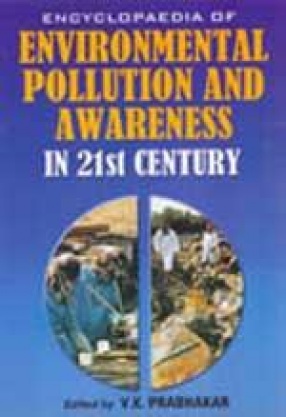
Unnecessary and unwise encroachment on nature, excessive exploitation of natural resources, scientific advancement and resultant refuge, fumigation and noise have totally polluted the entire environment on the earth. Greenhouse effect, ozone layer depletion, Bhopal gas tragedy, Minamata Bay incident, Chernobyl disaster and like many more incidents has alarmed the situation. The pollution state of various resources has deteriorated to such an extent that survival ...

In the broadest sense, there are two types of ecosystems—aquatic and terrestrial. We can distinguish freshwater, estuarine and marine aquatic ecosystems and several major types of ecosystems such as grassland, forest and desert. Although these all ecosystems have a more or less similar fundamental plan of their gross structure and function, they differ in respect of their species composition and rates of composition. This book encompasses a number of vital ...

Population processes—births, deaths, and movements of individuals—express the varied interactions of organisms with their environments. Evolution by natural selection and the regulation of community structure and ecosystem function transcend the individual organism and can be comprehended only in terms of the dynamics of populations. For many purposes one may determine average birth and death rates for small samples of individuals and multiply them by the ...

Tantrism, both traditional and Buddhist, with its vast literature containing intricate ritualistic and philosophical details occupies an important place in the religious and cultural life of India and some Asian countries. The subject, however, still appears to be an enigma, notwithstanding numerous works in this field. This volume contains informative and analytical papers by eminent scholars on different aspects of Tantric Buddhism and Tantras in general. The ...

Agricultural operations / activities also cause environmental pollution. Manure and other wastes from farms and poultry houses, slaughter house wastes; fertilizers run off from cropland; harvest wastes; pesticides escaped in the atmosphere or into the water supply; and salt and silt etc. cause mainly air, soil and water pollution. Major topics related to the subject are compiled and presented here in this book. The information contained herein will equip the ...

Unnecessary and unwise encroachment on nature, excessive exploitation of natural resources, scientific advancement and resultant refuge, fumigation and noise have totally polluted the entire environment on the earth. Greenhouse effect, ozone layer depletion, Bhopal gas tragedy, Minamata Bay incident, Chernobyl disaster and like many more incidents has alarmed the situation. The pollution state of various resources has deteriorated to such an extent that survival ...

Impact assessment is a concept that evolved in the search for ways to render development and protection of the environment compatible in the complex and interdependent world of today. The speed, scale and character of contemporary technological and economic development, which has permitted material standards of living to reach high levels has also led to unforeseen effects on the very environmental assets that constitute the basis for sustained socio-economic ...

Environmental management is a challenging task. The common process of environmental planning and management, which must be practiced to a greater extent in the future might constitute a new "playing-field" for many. For those traditionally involved in these types of planning processes, it might turn out to be an identification problem. For the new actors, it may instead be a problem of uncertainty as to extent of needed skills. Everybody in a ...

Once noise gets established in the air, there has been almost no ways in which it can be controlled by using a power-driven device. Sound has been in fact produced by many of the devices that have been used to improve our environment, so that the world abounds with many sources of sound but with no ready means to control noise levels. How, then noise could be controlled? It could be controlled by passive means, means that do not consume energy and which therefore ...
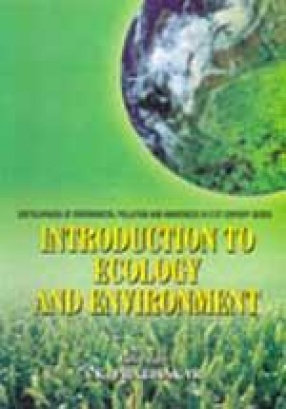
This book is designed to prove a unique handbook on ecology and environment. Very succinct information is gathered and contained in the topics like-Floral and faunal distribution in India; Endangered species of India; Ethno botanical studies in India; Wildlife reserves in India; Biodiversity; Natural Resources Conservation in India; The Wildlife (Protection) Act, 1972 etc. will prove of utmost use to academics, environmental scientists; policy planners and ...

The state of health of the people does not depend only on the number of doctors and hospitals, but also on clean environment because if it is conductive to spread of disease, the state of health of the people will be poor. The system has to be preventive as also curative and both are important. Nearly 80 per cent of world’s diseases more so in developing world, can be linked with water. Thus, health and environment are closely interconnected. Some salient ...

Pollution can be defined as an undesirable change in the physical, chemical, or biological characteristics of the air, water, or land that can harmfully affect health, survival, or activities of humans or other living organisms. Not only that according to this definition pollution does not have to cause physical harm. Environmental pollution in its present state is classified in this book.

Several plant / animal species have become extinct due to certain natural phenomena, such as land upheavals, volcanic eruptions, glaciation, protracted periods of rain of drought, spreading of desert lands, forests fires, and eutrophication in the geological past. While such natural processes in the past had no doubt led to the extinction of flora, the resulting new environmental conditions had also resulted in the evolution and speciation of new flora and ...

The concept of biodiversity should be an expression of life which includes variability of all life forms and their organisation and inter-relationships from the molecular to the biosphere level, which includes cultural diversity. Biodiversity includes all forms of life and all areas that are home to natural and domesticated life forms. The threats to biodiversity are threats to all components of it; hence fragmented treatment of biodiversity must be rejected. ...

Recent developments in science have asserted the inter-dependence of all life, microbial, plant and animal, between themselves and with the physical environment of land, air, water and solar energy, this inter-dependence is embedded in the evolution of life during the past three billion years or more with the origin of various forms of life, and extinction of others, and the formation of our atmosphere, water bodies and land masses. The science of ecology is the ...

Air pollution is not a new problem; it has been around for centuries. Over three centuries ago, the noted scientist and diarist John Evelyn described with great accuracy many of the effects of the air pollution arising from the combustion of coal, reduction in sunshine, morbidity and mortality from respiratory ailments, dust fall, corrosion of materials. Only in the 20 century, and especially the last few decades, have extensive experimental and epidemiology ...

The environmental destruction that has followed is making the lives of people humanly impossible, particularly of women who have to fetch daily household needs from the immediate environment. To survive, the poor often have no alternative but to turn upon the very environment with which they lived in full harmony in the immediate past. The key question for expert and lay person is: can lands support such a large and growing population? This is where the ...

Ecological research is not only confined to mere qualitative approach but is more confined to quantitative approach. In order to have a comprehensive evaluation of an ecosystem, it becomes essential to monitor both qualitatively and quantitatively spatial and temporal variations in structural and functional attributes of environment which may be categorized as physical, chemical and biological. In spite of the intense efforts undertaken in recent years, our ...
